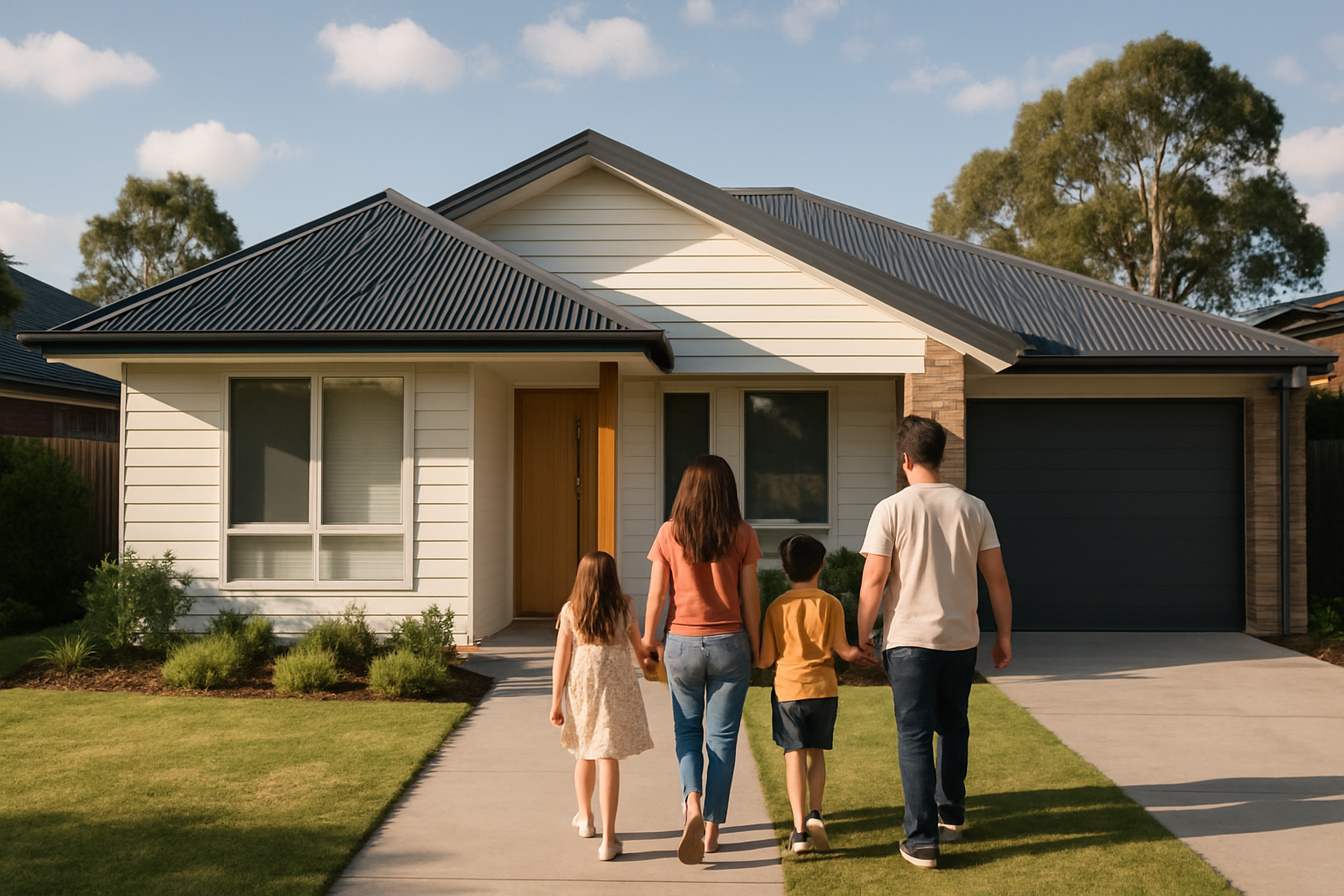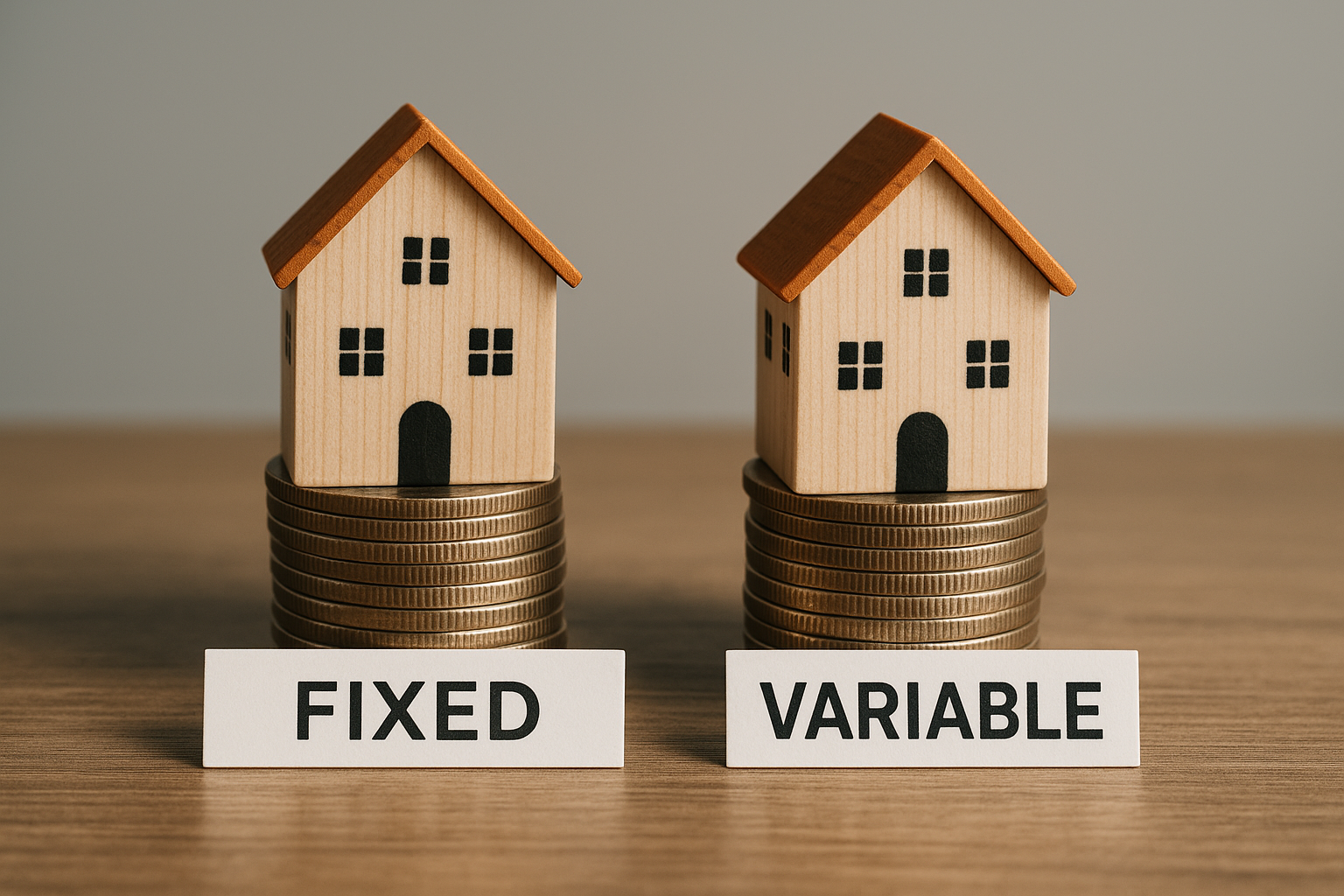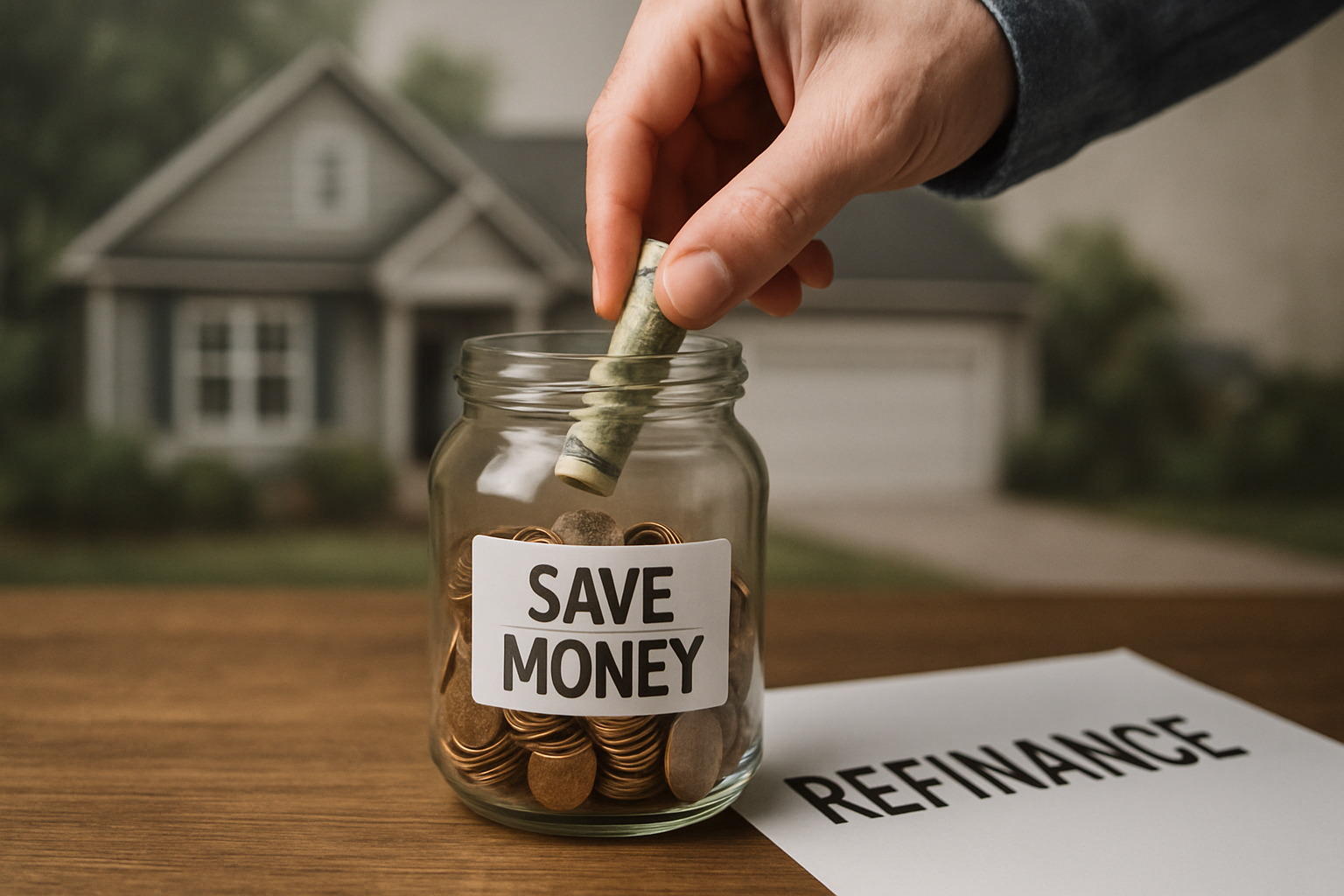How Much Deposit Do You Really Need to Buy Your First Home?

If you’re saving for your first home, you’ve probably heard that you need a 20% deposit and if that sounds like a mountain to climb, you’re not alone.
The good news? You don’t need a 20% deposit to buy your first home.
In fact, there are a range of options available to help first home buyers get into the market sooner, some with as little as 5% or even 2% saved.
Let’s break down how much deposit you actually need and what that means for you.
What Is a Deposit and Why Does It Matter?
Your deposit is the upfront amount you contribute toward the purchase price of your home. The larger the deposit, the less you need to borrow, which can help reduce your interest and repayments.
But lenders use your deposit size as a measure of risk. The lower your deposit, the higher their risk, which is where things like Lenders Mortgage Insurance (LMI) or government-backed schemes come in.
What Are Your Deposit Options?
Here are the most common deposit scenarios for first home buyers:
20% Deposit - No LMI
If you can save a 20% deposit, that’s ideal. You’ll:
- Avoid paying LMI (which can save you thousands)
- Have lower repayments
- Be seen as a “low-risk” borrower
For a $700,000 property, this means you’d need $140,000 (plus stamp duty and other upfront costs).
10% Deposit - With LMI
With a 10% deposit, many lenders will still approve your loan, but you’ll usually need to pay LMI.
LMI is a one-off premium added to your loan, not a monthly cost and protects the lender (not you) in case you default.
Depending on the loan size and lender, LMI can range from a few thousand dollars to over $30,000, so it’s important to weigh up the costs.
5% Deposit - With LMI or Government Support
Plenty of lenders accept first home buyers with a 5% deposit, especially under one of the government schemes such as:
First Home Guarantee (formerly FHLDS)
- Only 5% deposit needed
- No LMI charged
- Must meet income caps and property price thresholds
- Limited spots available each financial year
This is a great option to get into the market faster without the sting of LMI.
2% Deposit — Under the Family Home Guarantee (Single Parents)
If you're a single parent or single legal guardian with at least one dependent, you may be eligible for:
- Just 2% deposit
- No LMI
- Access to the Family Home Guarantee
This scheme is designed to help single parents get into stable housing sooner, even with minimal savings.
What If You Have Less Than 5%?
If your deposit is below 5%, it can be tricky but not impossible.
Options may include:
- Guarantor loans (where a family member helps secure the loan)
- Lenders that allow gifted deposits
- Building your deposit up with the First Home Super Saver Scheme
A mortgage broker can assess your situation and help you explore any niche lender policies or alternatives.
Don’t Forget Upfront Costs
Your deposit isn’t the only cost you’ll face.
You’ll also need to budget for:
- Stamp duty (may be discounted for FHBs in some states)
- Legal/conveyancing fees
- Building & pest inspections
- Loan setup or application fees
- Moving costs
Expert Tip:
When budgeting, aim to have an extra 3–5% saved on top of your deposit to comfortably cover upfront costs. Your broker can help map this out in detail.
How a Mortgage Broker Can Help
Everyone’s situation is different and that’s where working with a mortgage broker can save you serious time and stress. A broker will:
- Help you calculate how much you need based on your goals
- Check if you're eligible for government schemes
- Compare lenders who offer low deposit options
- Guide you through the approval process
Ready to Get Started?
You might be closer to buying than you think. With the right guidance, grants and lender strategy, getting into your first home with less than 20% deposit is 100% possible.
Reach out to the team and let’s figure out your path to homeownership, even if you're just getting started with savings.
« You don’t need a 20% deposit, some buyers qualify with just 5% and no LMI. A broker can help you access the right options. »





